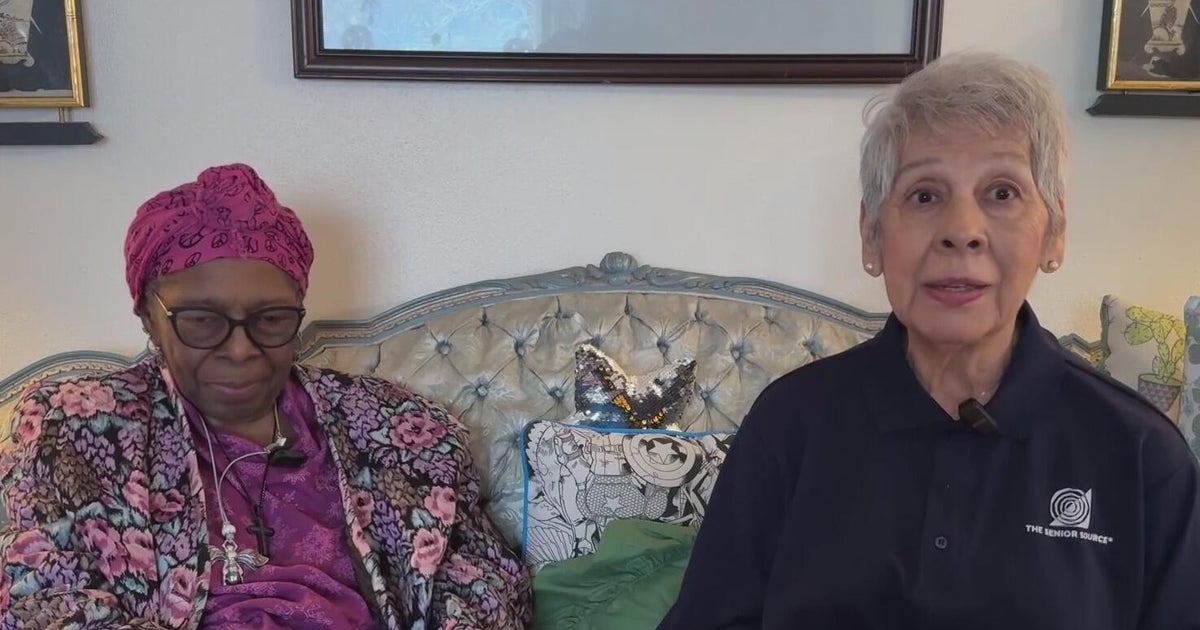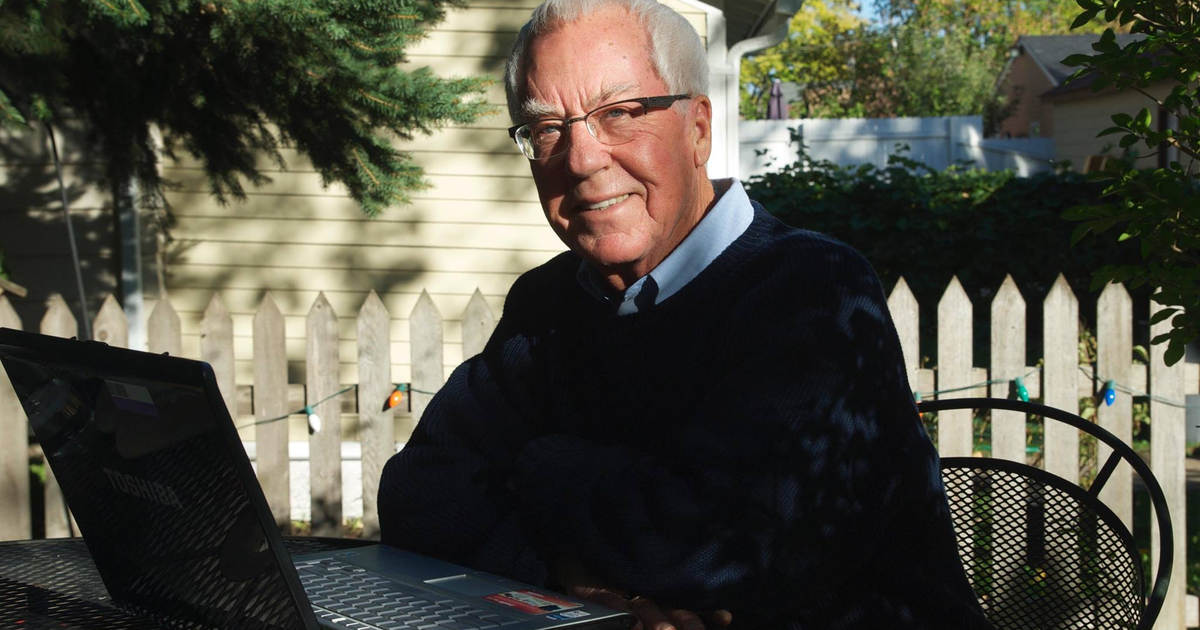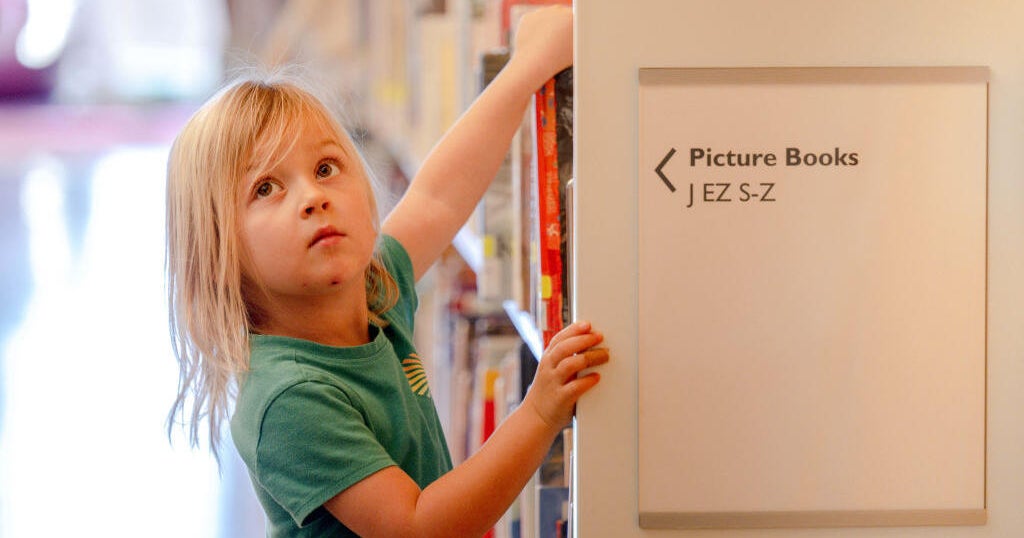SMU's STEMPREP Project Empowers Teen Scientists
DALLAS (CBSDFW.COM) - Dressed in lab coats and peering intently into microscopes, the teenage scientists are already gaining critical skills—skills that camp sponsors hope will one day translate into science, technology and medical careers. It's called the STEMPREP Project.
"We empower them," says STEMPREP Project Director of Academic Affairs, Dr. Charles Knibb. "We tell them: 'listen, you can do this this'. And we show them how."
The STEMPREP project started in Philadelphia in 1990, at Temple University with the goal of increasing minority representation in STEM fields: Science, Technology, Engineering, Math and Medicine. It's been a summer staple on the SMU campus since 2009 as part of the Annette Caldwell Simmons School of Education and Human Development. "They're getting college level material in 7th and 8th grade," says Dr. Knibb.
Unlike many summer camps which work to simply expose minority students to math and science careers, the STEMPREP project hand picks the best and brightest applicants—those that have already shown an interest and aptitude in math and science. The program then relies on mentors, commitment and a clear pathway for students to help them achieve those goals.
"I'm torn between neurology and microbiology at this point," says Joy Nesbitt, a 15-year-old student at Dallas' Hockaday school.
It is not a dilemma typical of minority teens. But, Nesbitt's parents— a physician and an engineer—encouraged her to attend the six week summer camp to help find direction for her science leaning interests.
"I've learned that I really like microbiology and I like neurology," says Nesbitt. "And I find it really interesting to see things like we're doing now under a microscope… like I wouldn't have seen at school."
According to Dr. Knibb, a retired surgeon, connecting with young, motivated minds early has led to tremendous success.
"We have 100% of the kids that go through our program go to college. 92% of them graduate, 83% of them get into a professional school like medical school, or PhD."
Erica Agbadiba is a 14-year-old straight A student from Mesquite with dreams of becoming a neurosurgeon. She says she's enjoyed the hands on experiments and work in the lab. "We don't do it at my regular school," says Agbadiba, "like the teacher will do it and we just watch, and that's pretty boring. So, this is hands on."
While the goal of the program is to put more minorities in the pipeline for medical research careers, the students come from all economic backgrounds and from all across the country. Students also make a significant commitment. The six week camp costs between $2800 and $3300, depending on the grade. Scholarships are available.
Most students enter the program after completing the 7th grade. After two summers at SMU, the students work as summer interns in university, U.S. government and private industry research labs through 12th grade, with constant mentoring all along the way. And some are already becoming role models.
"My younger sister, I told her she should do this program," says Agbadiba, "because she wants to be a neurosurgeon like me, even though she's only 5." Clearly, greatness can begin early.
(©2013 CBS Local Media, a division of CBS Radio Inc. All Rights Reserved. This material may not be published, broadcast, rewritten, or redistributed.)
Also Check Out:
- Tragedy On The Texas Giant Roller Coaster
- More North Texans Sick With Cyclospora Infection
- Local Mugshots
- Officer Shot Near Home Of Murdered 6-Year-Old Girl
- DFW Restaurant Week 2013 List
MOST VIEWED GALLERIES
- PHOTOS: Your Pet Pictures
- PHOTOS: Severe Weather Aftermath - May 16
- PHOTOS: 'Royal Baby' Pictures







